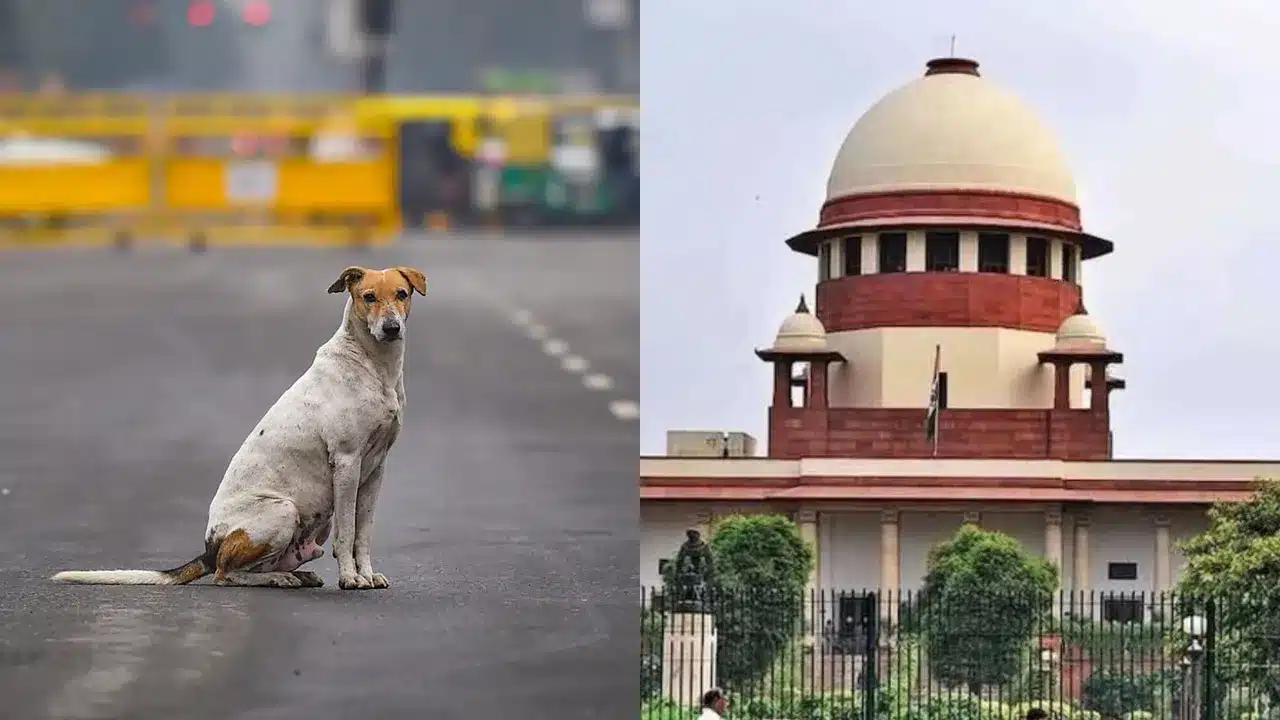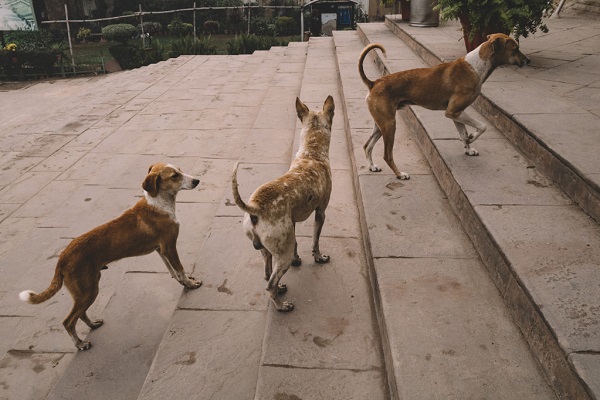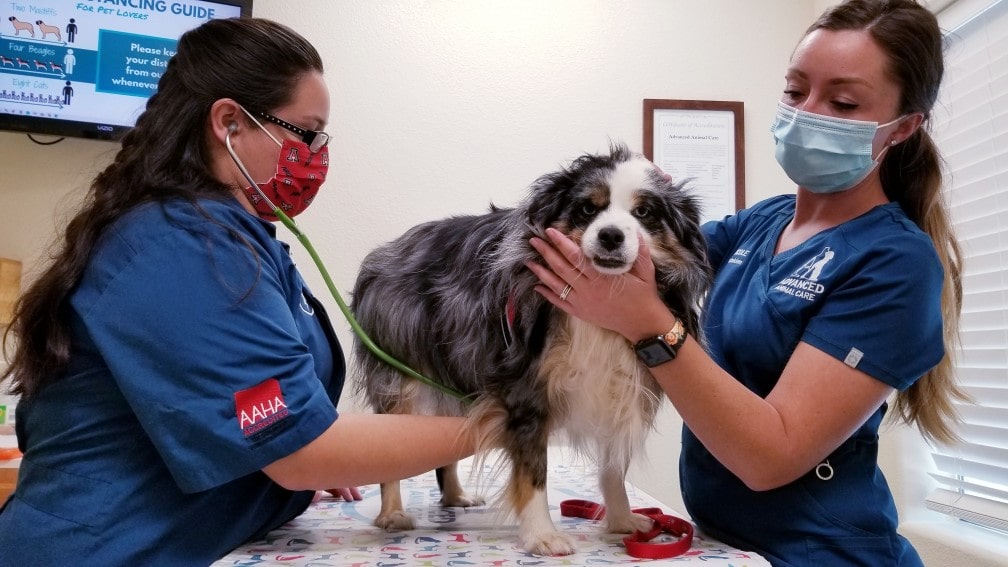India’s highest court is now the focus of public discussion over how to manage stray dogs in the Delhi–NCR region. A suo motu case began on August 11, which has drawn both legal and public attention to this issue.
Court Mandate: Urgent Removal, Sterilization, and Sheltering
On August 11, a two-judge bench comprising Justice J B Pardiwala and Justice R Mahadevan of the Supreme Court ordered immediate action:
- Authorities are required to round up stray dogs across Delhi, Noida, Ghaziabad, Gurugram, and Faridabad.
- The need to sterilize, vaccinate, and deworm captured dogs, along with relocating them to newly established shelters, means they cannot return to the streets. The court directed authorities to establish the capacity to care for at least 5,000 dogs within eight weeks. Facilities should have CCTV monitoring, an adoption process, and a helpline for reporting dog bites. Legal penalties will apply to anyone obstructing these measures.
The court cited increasing incidents of dog bites as a violation of citizens’ fundamental rights under Article 19(1)(d) of the Indian Constitution, which guarantees the right to move freely throughout the territory of India, and Article 21, which protects the right to life and personal liberty, emphasizing the need for decisive and humane action.
Ethical Questions and Legal Challenges
Legal experts raised questions over the feasibility and ethical considerations of the order:
- A plea was made to the court to uphold the Animal Birth Control (ABC) Rules, 2023, as well as the Prevention of Cruelty to Animals Act, 1960, legislation aimed at regulating the capture, sterilization, and treatment of stray dogs and preventing unnecessary suffering. It argued that the court’s directive goes against these laws and is “practically non-implementable.” There are an estimated 3,00,000 to 10,00,000 stray dogs in the Delhi–NCR area. The petition warned that overcrowded shelters could lead to much suffering.
- During today’s proceedings before a newly-constituted three-judge bench (Justices Vikram Nath, Sandeep Mehta, and NV Anjaria), the court reserved its ruling and declined to stay the August 11 order—for now.
Nationwide Protests and Public Sentiment
The order triggered protests across India and on Social media:
- Some activists and dog advocates assembled in New Delhi at Connaught Place and India Gate, voicing concern that the directive may have adverse consequences for dogs. Some individuals were briefly detained.
- In Mumbai, three demonstrations are scheduled to take place. They will be held on August 14 at Bandra’s Carter Road, August 15 at Azad Maidan, and a candlelight march to be held on August 17. Groups such as PFA-Mumbai and Dog Mantra are organizing these events to express opposition to the removal of stray animals.
This case underlines the need to strike a balance between public safety and the ethical management of stray dogs. India accounts for 36% of global rabies deaths and thousands of bite cases a year.
Experts say proper vaccination and sterilization are long-term humane solutions. They note Goa’s successful rabies drive.
Meanwhile, the Supreme Court’s forthcoming ruling could redefine how Indian cities can coexist with their four-legged residents.
As the Supreme Court deliberates, animal lovers, caregivers, and advocates are encouraged to stay involved, support humane solutions, and contribute locally.
This video provides helpful tips and insights for dog owners and puppy lovers. It offers simple and practical advice for training, daily care, and understanding your pet’s needs. If you enjoy this video, feel free to explore more content on our website.












